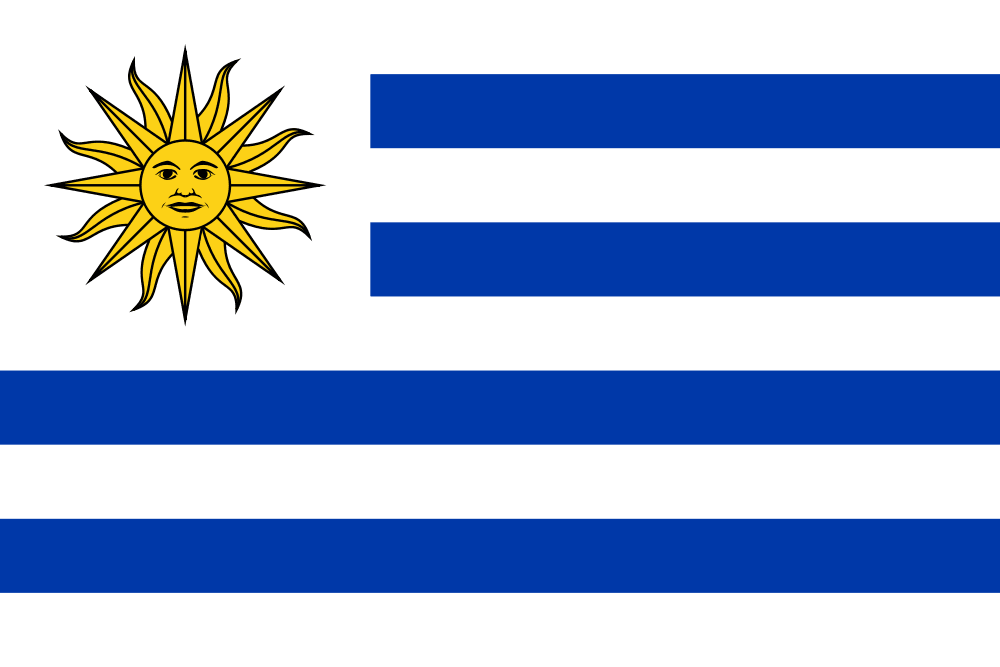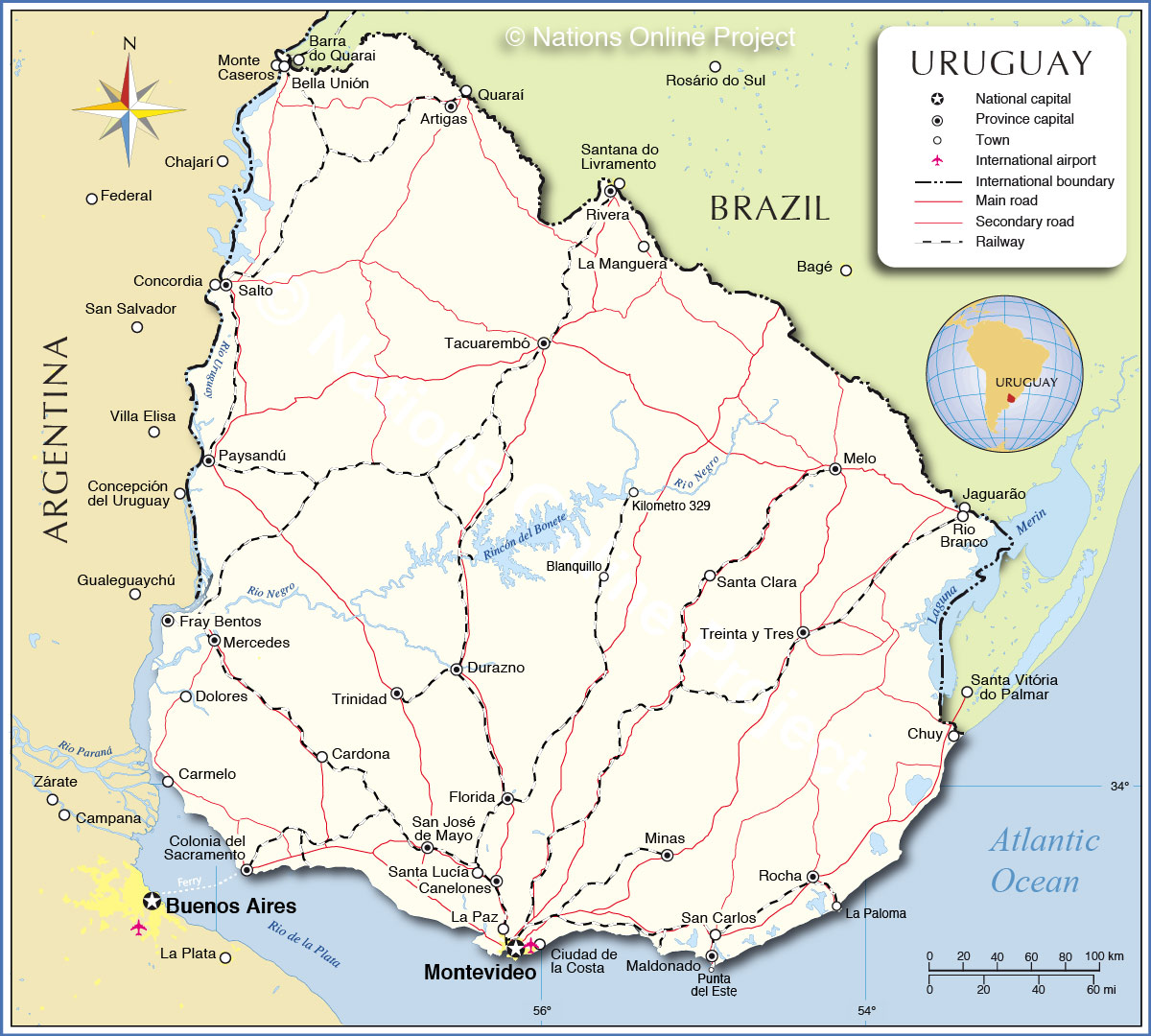I love how playful and not serious this track is.
Category: Links to stuff I like
External links to pages and media I like that I post about on Cubimension.
TODAY I FUCKED UP
Ah, page, we meet again. Hello. Today I decided to write. Express myself, as it were. I fought the distractions… Avoided starting Battlestar Galactica Season 4, despite the fact that Season 3 ended with a bang, it did; I decided not to play Planescape Torment, even though I’ve just started getting into it (and for this kind of games it means playing 10 hours or so). In typical qb style, I even fought off work! I had a nice, warm shower, lay in my warm bed (it’s winter… still hard to wrap my head around it), put some music on that phone that still hasn’t taken full control—I chose Vangelis’ Cosmos—and now I’m here in this right place. The phone proved its supposed smartness by reminding me not to put the volume too high so as to avoid damaging my hearing. As tonight’s token act of proving to myself I’m an adult, I heeded its advice. Maybe the machines aren’t out for us. Pah, who am I kidding.
OK, let’s go. Today I fucked up.
Or, rather, I should say yesterday. But only today did I realise, so it counts as today. Once again I let my overconfidence that everything will be alright cloud my judgement—that sounds suspiciously like a “write 100 times on blackboard” punishment at Jedi school. Sigh… It is one of my greatest weaknesses, and many have noticed, especially those that know me well enough to have pierced at my essence that is invisible to me, similar to a bird who’s only ever known flight can never imagine what it means not to fly, or what sort of happiness a snail might know. Tell a bird it might be flying a bit too much and it’s gonna cock its head inquisitively at you like birds tend to do.
I just aren’t careful. I either want to move fast to be getting to the next task or activity, or, in the face of what we’d call danger in this case, I take that annoying, solipsistic view: “it won’t happen to me, no need to worry!” This is personhood’s very own little facepalm—no, that’s not a good translation of αυτομούτζωμα. I like to take pride in my care-free attitude, or at least the appearance thereof; don’t I know I’m constantly anxious about an entire small museum’s collection of “must-dos”. But that’s another story. I like to say that people don’t really have “positive and negative aspects of their personality.” They only have a single hunk of personality, and according to what side you look at it from, you see different things and judge to whim. Hey, that’s almost exactly like saying that people have personalities and those personalities have positive and negative aspects.
But let met put it this way. Take for example myself. I’m careless and carefree, right? Yes. But these two aspects of me aren’t separate; they’re one. It’s like those digestive biscuits that have chocolate on top. The chocolate is the carefreeness and the underside the carelessness. The whole thing is part of my personality, and the whole box of carelessfreeness, quielation, friendiculousness or abstrant, openular mind is me. I’m this box of biscuits that look the same, because I look the same no matter which biscuit of mine you’re eating. You smell me and taste me the same, and you either love me or hate me… or you might also not particularly care about me. Do you like chocolate digestives?
When I began writing about boxes of biscuits a few lines ago, the point to which I wanted to conclude was that we all are assorted boxes of still different biscuits down a supermarket aisle. Then, however, I chose to pursue the realisation that came to me while writing that yes! People are like food.
Some are so sweet you get sick of them after just a few bites. Others are simple but fulfilling. Others yet are only to be had at parties or thrice-a-year family dinners. You can find each type of person at the supermarket, but there almost always exist the same kind of foodstuff produced locally and tasting better, like that amazing Greek artisanal Nutella that’s not only better, it’s also cheaper.
Some are fancy, others to be enjoyed as part of a familiar routine, some are fresh and organic, many are rotten and/or appear fresh solely because they’ve been peppered with preservatives. We have changing tastes in people and so do we in food. Maturing tastes, perhaps? Some are hot, some are bland. But! The too-bland ones can always spice themselves up; the hotter ones will probably just leave you in tears and gasping for air. But so do onions, at least the crying part. Similarly, there’s a whole lot you have fond nostalgic memories of, but regret every trying them again 20 years later to see if they taste the same. Others are like heaven consistently forever… I presume, I wouldn’t know.
There are hard people, soft people, sweet, bitter, sour and… salty people. Many, sadly, are just plain meat but, although a selective omnivore I may be, it’s sadder when they’re vegetables instead. This is starting to have a Dr. Seuss rhythm to it.
Finally, you would never, ever consider that it’s the broccoli’s fault that Roberto (that’s my Italian coordinator here), with all his exquisite and discerning palate, hates it. I can’t get my head around it: how is it normal for us to think that a person has anything to do with whether others like them or not? Anyway, broccoli can rest easy: I hated it, HATED it when I was a child, you know, it was the archetypical go-to yuck food. Nooow, however, I sometimes even eat it raw. I love it. Broccoli just used to be too sophisticated for my untrained taste buds. There.
One of Terrence McKenna’s famous quotes goes: “”. qb’s version: “the cost of being sophisticated in this society is being the person-equivalent of broccoli.” Or, while we’re at it: sushi. Lentils with yoghurt. NOT eggs: they could crawl back into the chicken’s ass whence they came and I wouldn’t spill water for the dead. Beans. I was damn near allergic to the things most of my life. Now I can eat them no problem due to my insistence to eat them no matter my stomach’s complaints. I can imagine it quietly giving in after all this time: “okay dude, I get it, you took that little song about beans and the heart a bit too seriously, I don’t agree but I can’t stop you… you should know though that this IS going to put a strain on our relationship.”
Wow. This really worked. Remember? Near the top of this text it says I wrote “I fucked up”. It’s even the title of the post. But I’m better already. All day I’ve felt like shit because the bike I rode yesterday for 25km up and down Montevideo’s Rambla and took the following video,
that is, Laura’s bike she hadn’t rode in years and I paid 1000 pesos to have repaired and use it and got it 4 days ago… well, that bike was stolen. All I did was just leave it outside the Posada. Given, it was locked, but with a lock that cost less than 5€ and could probably only protect anything of any value up to that amount. Only today did I notice that all the locked bikes that had caught my eye on the pedestrian street Calle Pérez Castellano during the day, all those bikes I had subconsciously noticed to give my carefreelessness an excuse to run wild, were nowhere to be seen at night, and so was mine by next morning. I can just imagine it sitting there, alone, singing in the dark: “I’m old and rusty, though orange with some new parts e.g. pedals and handles, I’m safe from harm and theft ♪!”
The worst part is that this bike had sentimental value to Laura, so having to tell her that I almost presented the her old bike to thieves and having to deal with questions such as “really, did you leave it outside?” was less than fun. The second worst part is this makes it the, what, 3rd time I’ve had my bike stolen. Last time was in Denmark, where I idiotically left mt bike unlocked going to Danish class, forgot about it for hours after the lesson, went around town, only remembered about it that evening when I had to ride it back home and was all disappointed that the mere act of remembering about it hadn’t been enough to protect it from theft or bring it back.
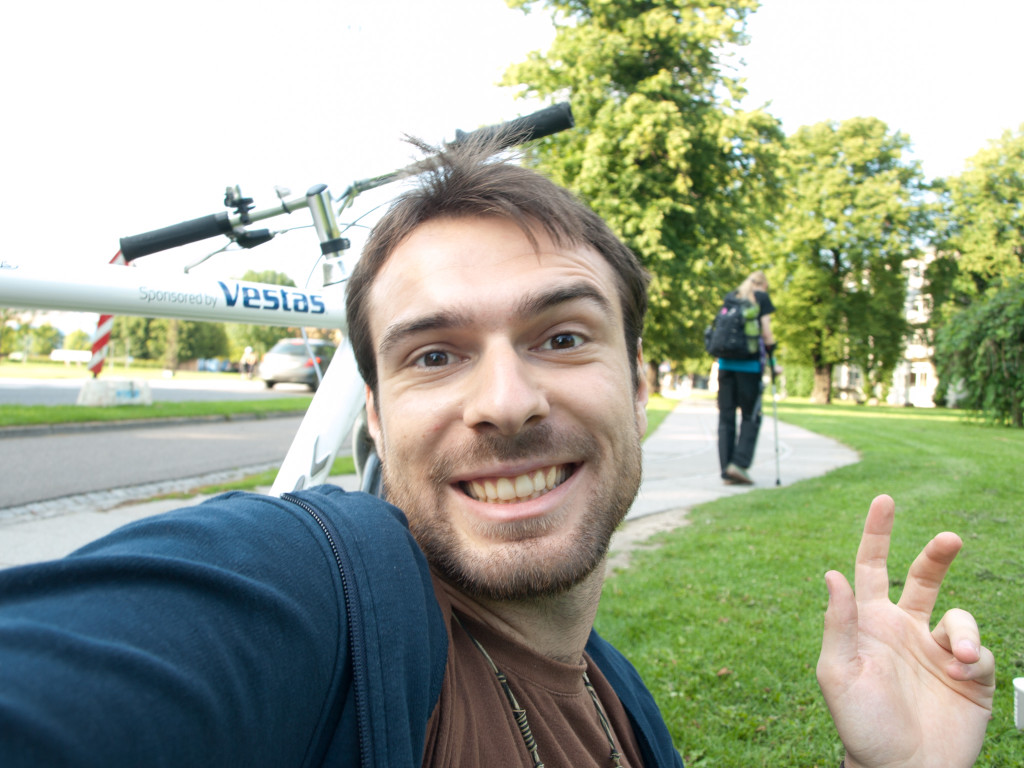
And there was this other time somebody vandalised my bike parked at Sapfous in Mytilini. I was totally Anakin bringing back his mother from the sandpeople that evening. Only I didn’t slaughter anyone like an animal. I’m civilized. I only ever hold passive-aggressive grudges.
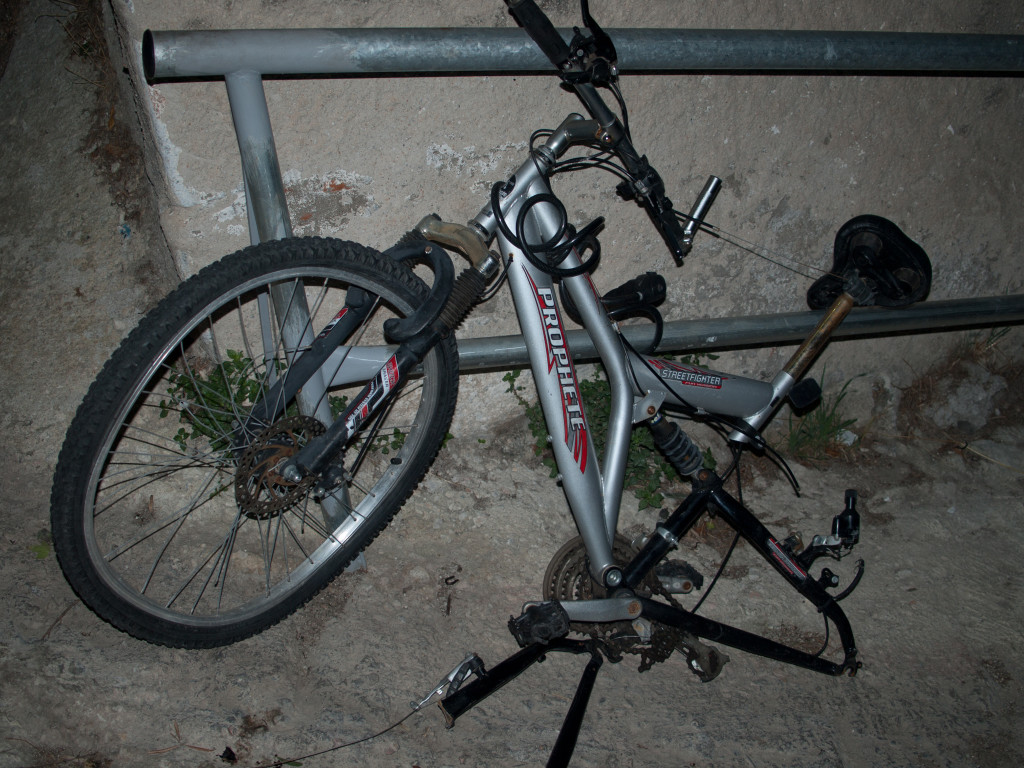
Anyway, back to today. I went to the police office to report the theft as it was suggested to me I do, because apparently Ciudad Vieja is monitored 24/7 by video surveillance; by checking in their records from last night, the police might be able to find the culprit and track them from camera to camera, if they did stay within the boundaries of the Old Town, that is. I can tell you that if my bike is indeed located by the use of video surveillance tech, I’ll be hit by a small-to-medium-sized train of cognitive dissonance. I hate to be that guy, I know how fashionable it is to hate on the police (I don’t like them myself), but ever since my mum’s handbag was robbed and after declaring the theft and the police guys actually CALLING us home to tell us that the bag had been found at a place where “a lot of τσαντάκηδες leave their discarded prey”, it’s been easier for me to feel a tinge of empathy for people who support the police and are disdainful of anarchy. I mean, suddenly when it happens to you, it doesn’t seem so oppressive, does it?
Anyway №13 or something. I fucked up and writing this relaxed me a lot. Its intent was to be a kind of Post-It for futurue qbs to be wary of carelessfreeness, no matter how many times things turn out to be OK in the end, and to remember that it fucking sucks to let people, friends and yourself down and destroy their trust.
But hey, at the end of the day, I’m a chocolate digestive. Some will like me, some will hate me, some will simply not care about me, forget that I exist until I appear before them (at which point they’ll either choose to munch on me absent-mindedly or ignore me) and some will eat the last part of me that’s left in the box all crumbly and melted, but still like me and recognise that not all chocolate digestives from then on out will be crumbly and melty and that if next time I’m in no condition to eat on my own, just throw me on some ice cream or oats, that would be yummy.
LINK: IT’S NOT CLIMATE CHANGE–IT’S EVERYTHING CHANGE
Article by Margaret Atwood.
When I read things like this, I tend to regress to my “what’s the point?” mode. But then I realise there’s still so much road to pave for the possibility of a prospect of a better future for those who make it, those who weather the crumble. The article mentions this and focuses on the importance of positive narratives. There’s little we can do to reverse the situation now, so shouting at the top of your lungs “we’re screwed!” won’t help, and anyway, people at large who have elected to ignore reality thus far will go all the way before they reality grabs them by the face and locks stares with them forever. So a positive message, ideas for transition, building suitable, sustainable communities for preserving the good parts of what we have created seems to me like the only viable, or at the very least productive, idea we can start working on right now.
Cli-fi though… Apart from clitorises, it reminds me of JMG and preparing for the Long Descent, which will have its ups, down, needs, challenges and inevitably present new opportunities. The world will be much more unpredictable, ugly and much easier to get you caught up in misery, but people will still be (mortal) people, such as they always were. Music shall still be played—a mix of AI-produced synths and traditional ethnic music? Dinners will still be cooked—vegetarian meals based on new recipes that take into account the limited variety and availability of ingredients? Laughs will be enjoyed over new jokes or memes—much needed black humour at the sorry state of humankind that couldn’t resist taking its own daydream for the truth?
Life will move forward into the unknown. But this unknown is being shaped right now by the collective force of our species. Each one of us is steering this force as much as a spec of sand can choose, or not choose, to take part in a destructive sandstorm. But a spec of dust in the right place can allow vapour to condense around it and become a drop of rain.
Sandstorms, wind, rain… like different moves in a poi dancer’s repertoire.
I should read more of Atwood’s writings.
174 PEARLS OF WISDOM I’VE GLEANED FROM READING 174 BOOKS (LINK)
From my favourite Julien Smith, that guy who’d definitely be invited to the cool people party. Posting here for future reference and inspiration:
I recently realized that I’d been reading a book every week now for 5 years straight.
It kind of made me wonder: what did I really learn? Am I smarter than I used to be?
I started to wonder, and this is what happened. 140 characters per book, for 174 books… 174 things you may not know.
ΤΟ ΚΑΛΟΚΑΙΡΙ ΤΟΥ ΤΣΙΠΡΑ
Πολλά άρθρα διαβάζω αλλά κανένα λίγα κάνω repost.
Και άλλες φορές που ήμουν έτοιμος να το κάνω και δεν το έκανα, του Έλικα πάλι ήταν το ποστάκι.
Αυτό καθαρά για το γαμώτο του “shit’s getting real”. Welcome to the 21st century, when human kind first learned that the kind of life the “developed world” enjoyed during the end of the 20th was an illusion, a fluke, not the “end of history”, nor the beginning of humanity’s golden age, just the temporary side-effect of it consuming its host. Καλωσήρθατε στην αποβιομηχανική εποχή!
Είναι άραγε αυτός ο όρος «δόκιμος»; Στα αγγλικά υπάρχει το deindustrial, στα ελληνικά όμως έχουμε μόνο το μεταβιομηχανικό (post-industrial), το οποίο σημαίνει μεν ότι η κοινωνία δεν είναι πλέον βιομηχανοποιημένη, αλλά υπονοεί ότι έχει αντικατασταθεί με κάτι ανώτερο.
Η ΕΛΛΗΝΙΚΗ ΜΟΥΣΙΚΗ ΤΩΝ ΗΜΕΡΩΝ
Θα βγω λοιπόν και θα το πω. Σπάνια τα λάιβ αξίζουν. Είναι πολύ δυνατά, κουράζεσαι όρθιος συνέχεια, θες να κάτσεις, να πιεις κάτι, να κατουρήσεις, να δεις τους μουσικούς από κοντά και δεν μπορείς… Δεν είναι ότι η ζωντανή μουσική δεν αξίζει: αυτοκαγχάζω σχεδόν γράφοντας τις παραπάνω λέξεις, σκέφτοντας ότι μέχρι σχετικά πρόσφατα εμείς οι άνθρωποι δεν μπορούσαμε να διαχωρίσουμε τις έννοιες «ζωντανή» και «μουσική» (ούτε είχαμε βέβαια και μικρόφωνα ή ηχεία) και η εφεύρεση της ηχογράφησης για πολλούς σήμαινε το τέλος του πανάρχαιου αυτού είδους τέχνης.
Ξεκάρφωτο διαμάντι από τον οιρμό της σκέψης: πότε θα αποκτήσουν οι βιντεοκασέτες το κύρος που έχουν τα βινύλια;
Όχι, η ζωντανή μουσική έχει τη δική της θέση δίπλα στις ηχογραφήσεις ζωντανές ή περασμένες από πολλές στρώσεις audioshop, στην καρδιά μου και στον κόσμο γενικά. Απλά το αν και κατα πόσο θα απολαύσω μια συναυλία εξαρτάται από πολλούς παράγοντες, αστάθμητους και… σταθμητούς…; Όπως για παράδειγμα αν είμαι γνώριμος με τη μουσική από πριν (δύσκολα θα απολαύσω ένα τραγούδι ή ένα κομμάτι ζωντανά που δεν έχω ξανακούσει ποτέ) ή αν υπάρχει κάτι να κοιτάζω ενώ ακούω, για μια πιο οπτικοακουστική εμπειρία (σημαντικό). Παρακαλούνται οι αναγνώστες μουσικοί να αφήσουν κάτω τα μπουκαλάκια με τα χάπια (προς κατανάλωση και μετά εκσφενδόνιση)!
Γιατί είναι και μερικές φορές που πας σε μια συναυλία και πραγματικά το χαίρεσαι, και αυτές τις μέρες ειδικά έχουν πέσει όλα τα δρώμενα μαζί, είμαι συνέχεια έξω τα βράδια, με τη Δάφνη και με την Greek Team του Rights4Water, τον Αστίκ, την Λάουρα και τον Αντρές. Η Νταϋάνα είναι κι αυτή στο γκρουπ αλλά προτιμά να μένει σπίτι κάθε μέρα, δεν έχει βγει ούτε μια φορά.
Πριν τρεις εβδομάδες πήγαμε στον Θανάση Παπακωνσταντίνου στο Θέατρο Βράχων μετά από μια μικρή Οδύσσεια μέχρι να βρούμε να παρκάρουμε (γκουχκλειστοβενζιναδικογκουχ). Για μένα είναι τελικά ο σύγχρονος έλληνας μουσικός που περισσότερο με εμπνέει και με μαγεύει, που το έχει πιάσει το νόημα μουσικά, στιχουργικά… τι σημαίνει να είσαι έλληνας μουσικός το 2015 με όλη την βαθιά καλλιτεχνική παράδοση αυτού του τόπου αλλά και τι νέο μπορεί να προσφέρει σήμερα. Το όλο ρε παιδί μου.
Κοιτάχτε μόνο εδώ πώς χαμογελάει όταν ΟΛΟ το θέατρο αρχίζει και τραγουδάει—φοβερή εκτέλεση, ε; Επ, μπορείτε να βρείτε όλο το live στο παραπάνω playlist. Νάις… Τσεκάρετε και τον καινούργιο του δίσκο Πρόσκληση σε δείπνο κυανίου, αν συμπαθείτε τα λίγο πιο ψυχεδελικά.
Έπειτα, το περασμένο Σάββατο πήγε το παρεάκι στους Γιαννιώτες Villagers of Ioannina City, στο Resistance Festival στην Γεωπονική. Σχηματίστηκαν το ’07 και έβγαλαν και τους δύο δίσκους τους πέρσι και έχουν γίνει διάσημοι ήδη. Είπαμε, τι σου κάνει η δισκογραφία… Κάπου διάβασα την τέλεια περιγραφή τους: stoner ηπειρώτικα! Ψάχτε αυτές τις δύο λέξεις στο youtube και θα καταλάβετε. Ήταν να πάμε και τον Νοέμβριο αλλά έγιναν sold-out στο Fuzz. Από τα κόμεντς βλέπω ότι θα κάνουν (ήδη κάνουν;) λαμπρή καριέρα στα Βαλκάνια (Βούλγαροι και Σέρβοι εκστασιάζονται!). Μπράβο, μπράβο. Ξεχωρίζω το Nova (το οποίο είναι στα αγγλικά), το Κάλεσμα, το Κρασί και το Τι Κακό.
Την επόμενη βραδιά πήγαμε στους Lemonostifel. Το όνομα τους ταιριάζει πολύ, αυτό έχω να πω! Παίξανε σε έναν δρόμο στον Βοτανικό δίπλα σε μια εκκλησία, στα πλαίσια της Πανευρωπαϊκής Ημέρας Μουσικής. Ο Αστίκ με έπρηξε, μου έλεγε «θέλω να αγοράσω τον δίσκο, θέλω να αγοράσω τον δίσκο!» Δεν προλάβαμε να τους ζητήσουμε, τον έναν από τους δύο δίσκους που έχουν βγάλει τουλάχιστον κι αυτοί, γιατί έπρεπε να προλάβουμε το μετρό. Πάντως είναι κι αυτοί εξαιρετικοί μουσικοί, με γέμισαν ευχάριστα συναισθήματα και μια νοσταλγία για στιγμές που δεν έχουν έρθει. Κι αυτοί είχαν και κάτι να χαζεύω. Ξεχωρίζω τα πρώτα τέσσερα αυτής της playlist (Άνθος Αραβοσίτου, Radiokefalos, Γιαγιά, Γλυκό του Κουταλιού)
Όταν με ρωτάνε αν μου αρέσουν τα ελληνικά, απαντάω όχι. Τι εννοούν; Τι εννοώ;
EARWORM GARDEN // STEAM MONSTER SUMMER GAME 2015
Have you watched The Perfume? Do you know this scene? The music above is the soundtrack to the lizard-brain serotonin-releasing real-world fugue-state equivalent your future self will look back to in the same kind of shame you experience when people retell you, with great amusement they do not want to show, your drunk adventures from last night you only remember disconnected pictures of.
REVIEW: DUNE
My rating: 5 of 5 stars
“Unique among SF novels… I know nothing comparable to it except The Lord of the Rings.” ~Arthur C. Clarke
I’ll begin with what I saw when I first checked what my Goodreads friends had to say about their experience with Dune:

Thank the gods it was Kivayan, my friend Kuba from Poland, who first made it clear to me how important it was that I read Dune, and not just the first book, no, the whole original series, because only then would I be able to witness the genius of Frank Herbert’s grand image (that there was my attempt to express “big picture” in a more fittingly epic way). Thank the gods it was him and not someone else’s opinion which would have left this book under my personal radar, where it had been for many years.
Scratch that. It hadn’t been under my radar. I’d been aware of it since I was little, mainly from video games or perhaps Karina—I just didn’t know exactly what it was about. All this desert, the sandworms… It looked boring. Like something too slow, deep or intricate for me to enjoy. And let me tell you, I wasn’t wrong: if I had dipped my toes in the spicy sand before I’d reached a certain point in my life, I’m confident I wouldn’t have enjoyed it at all. If I had to say, I’d place the point in question around the time I started watching Game of Thrones, playing alt-history games and reading books like The World Without Us or The Dark Tower.
I had started being able to enjoy books like Dune, only I couldn’t make the connection in my head and notice the switch. There was nobody to suddenly come up to me and tell me that the famous, apparently super-influential old SF book I’ve always thought I wouldn’t enjoy, actually involves loads of topics I’d find very appealing: religion, feudal politics, anthropology, psychology, history, ecology and many others, creating a narrative about how narratives, and historical narratives in particular, work, which I expect to discover further in the next books. Well, there was someone: it was Kuba. But if it hadn’t been for him and a few other people like Amberclock who told me about Jodorowsky’s Dune or JMG who often mentions Dune in his Archdruid Report posts, I’d still have the impression that the book is a boring classic, that it’s to SF what perhaps Proust is to modern literature: supremely influential and important, but not enjoyable.
Of course, I was wrong. I may be wrong about Proust, too. But that’s the point: we’re talking about preconceptions here.
What surprises me is that, for it’s alleged importance, very few people I talked to about Dune while reading it even knew of it. For a book that supposedly played an important role in the popularisation of ecology as a word as well as a term and for one which is among the all-time bestsellers of the genre, it is forgotten today by most. I’ll go down a path I don’t think it’s fair to go down on, but how many people know of Tatooine and how many of Arrakis, Dune, the Desert Planet that surely inspired it?
Nevertheless, I found its ambience as a contemporary read very comfortable, even if 50 years have passed since it was written. Water as a super-valuable commodity (with all related cultural conventions) feels right and is played perfectly. Arrakis is majestic. Reading about the Fremen was very interesting and convincing, and I thoroughly enjoyed discovering the book’s unknown world by looking up the juicy neologisms in the appendix (every book like this should have one!)
Not all’s perfect with Dune, don’t get me wrong. Its characters can feel one-sided or shallow, even Paul, who at times comes off superhumany… but then, hey, he’s supposed to be the one, isn’t he? The various political actors and the role of spice in all of this aren’t very clear, but you know, it’s one of these books you’ll read again and next time it’ll make more sense.
But the weak points don’t matter. Dune is a classic, period, and I’m happy for once to have truly enjoyed a classic because it’s a classic, not despite the fact. What can I say? Herbert’s foreword to the book reads:
“to the people whose labors go beyond ideas into the realm of “real materials” — to the dry-land ecologists, wherever they may be, in whatever time they work, this effort at prediction is dedicated in humility and admiration.”
Good man.
FUN VS. CHANGING THE WORLD
From Ran Prieur’s May 11th 2015 blog post:
May 11. I left off last Friday with this quote from Sarah Perry: “For many people, time is not a gift, but a burden, to be filled with alcohol and television and other palliative technologies.” My disagreement is not with that sentence exactly, but with two ideas that might seem to follow.
One is that it’s bad to have fun, or that all this fun stuff is distracting us from rising up and making a good society — as if we all agree about what a good society looks like and how to get there. This whole way of thinking is based on an assumption about the purpose of life: that merely having a good time is a bad use of your life, and the correct use of your life is trying to make a better world.
Humans have been trying to make a better world for thousands of years. In many ways we have failed and accidentally made a worse world, so we should be skeptical of making a better world as a noble goal. And to the extent that we have succeeded, we should appreciate and enjoy the ways the world is better, instead of being like an ambitious person who is never happy in the moment. Sometimes the path to a better world is doing something that seems fun and useless, and it leads to somewhere unexpected.
Notice that people who condemn TV and video games and recreational drugs never condemn books. Of course books are better in some ways, but the thing that’s best about reading can be good about any entertainment: it can expand your consciousness and show you other ways of being. I think even spectator sports are helpful because they generate public stories that are more honest than the public stories in politics, so someone who follows sports can more easily recognize political bullshit.
A reader sends this article from the Guardian about Eve Online, a massive multiplayer sci-fi game that has outlived similar games by making good decisions to keep players interested. People play games because they’re better than society: they’re a better fit for human nature. When we understand this, there are at least two directions we can go: make political decisions to make society more like a good game, or make society as stable and harmless as possible, and use it as a platform for artificial worlds.
While I agree with Ran deep inside of me, I’ve been influenced all my life by and gravitated towards people who strongly believe in making the world a better place, or that such a thing is possible. I’ve grown into the position that a balance between fun and “making the world a better place”, whatever that means, again, is more desirable than just having fun or following one’s one path, which might not necessarily include improving the paths of others. However, this implicit drive has brought me much conflict, self-doubt and guilt.
I find that I’m the most comfortable when I confront that “making the world a better place” is perhaps not such a good way of spending one’s time here, if purely for the quasi-impossibility of seeing results, unless one can have fun or feel good about it at the same time.
EL OTRO PAÍS CON RAYAS AZULES Y BLANCAS EN LA BANDERA
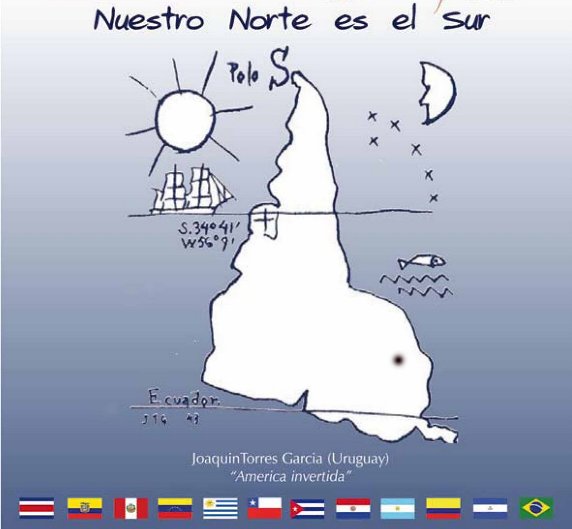
I was in Uruguay from April 14th to 27th!
It was my first time to cross the Atlantic, indeed the farthest I’d been from home since my last time in Australia in 2002.
What took me to the second-smallest country in South America was yet another you-only-pay-30%-of-travel-costs European youth project. This one’s called Grassroots Youth Democracy. In it, youth from Greece, Italy, Ecuador, Uruguay, India and Mauritius will participate in joint research on the water context of each participating country, which in turn will culminate in a media product and relevant campaign to raise awareness on the issue of water as a basic human right and common good.
Grassroots Youth Democracy is separated in phases and will take most of our time for the rest of 2015. Phase 1, which was the purpose of the trip I just came back from, was a week-long seminar on water rights in general. Participants had the chance to make presentations of what the water context in their specific countries is, and we also made a first draft of the plan we’re going to use for organising this international campaign between ourselves: who’s gonna do what, what our research methodology will be, what we’re going to with the data etc. After all, co-ordinating a local team can be hard; one strewn across four different continents? Yeah.
Phase 2 will take place in May in Rome and will consist of a media seminar: teaching the participants how to use a camera, do interviews, edit videos, update a website and such things I have the skills to help with. Thank you, University of the Aegean!
Phase 3, which will start right after Rome and last until mid-July, will have the participants from the extra-EU countries come to Greece or Italy and do a field research on the water situation in the respective country, that is collect data for articles, videos and other material to be used in the campaign. There will be interviews with NGOs, analysing stats and delving into the unique water-specific problems of that country. In Greece, for example, the participants will look into what happened with EYATH and its privatisation and how it was avoided by the resistance of the civil society through the 2014 unofficial referendum. They will also research the problem of the lack of drinking water in some Greek islands, such as Aegina, and the sometimes even more problematic solutions corrupted authorities have come up with to alleviate the situation. These are just some examples.
Phase 4 will start right after Phase 3 and last until September. Basically it will be like Phase 3, only the other way around: the Italians and the Greeks, of which there’s four of each, will do the same kind of field research in pairs in Uruguay, Ecuador, Mauritius and India. This is when I’m going back to Uruguay for two months, during the southern heart of winter! No Greek summer for me this year.
After all the above, we’ll collect all the data we’ll have got and make something out of it: a small book, an online database, a documentary, a social media assault… a little bit of everything. This will be our awareness campaign (and I hope it will end up a little bit more exciting than I’m afraid I’m making it sound here.) There will be a final conference/presentation of results but not a lot is known about it yet.
To be perfectly honest, Phase 1 in Montevideo, the one that just finished, needed more outdoors activities. The presentations and material discussed on water issues were interesting and our team-building was successful, but after a certain point I found it hard to concentrate on Powerpoint after Powerpoint and group brain-storming activity after group brain-storming activity. Being in the same room for hours on end with little chance of going out in the warm Autumn sun apart from during the short coffee breaks and the lunch (which was admittedly DELICIOUS and very vegetarian-friendly—THANK YOU CRAZY MARIO, cook of La Fonda!) made it much worse. During the first few days we saw practically zero of the city and at the end of each session I felt much more exhausted than I believe I should have.
No matter. In the end it was a valuable getting-to-know-you with the team and we did some important work. We will just have to work hard from here on out.
…what? You want to read about Montevideo and Uruguay, NOT the seminar? What are you, crazy?!
OK, get this: Uruguay is an extremely interesting country, given its small size and low importance on the grand scale of things. Sorry, let me rephrase that, because everything that’s ever taken place on this planet is of extremely low importance on the grand scale of things—low importance as far as human societies go; countries, politics… you know, that sort of thing. I mean, what do you know about Uruguay?
What I knew was that the country’s (now ex-) president donated 90% of his salary to charity and generally lived super simply, and that recently they legalised marijuana. That’s pretty much everything /r/worldnews would let through the filter. Ahem…
Let me tell you: both of these things are true.
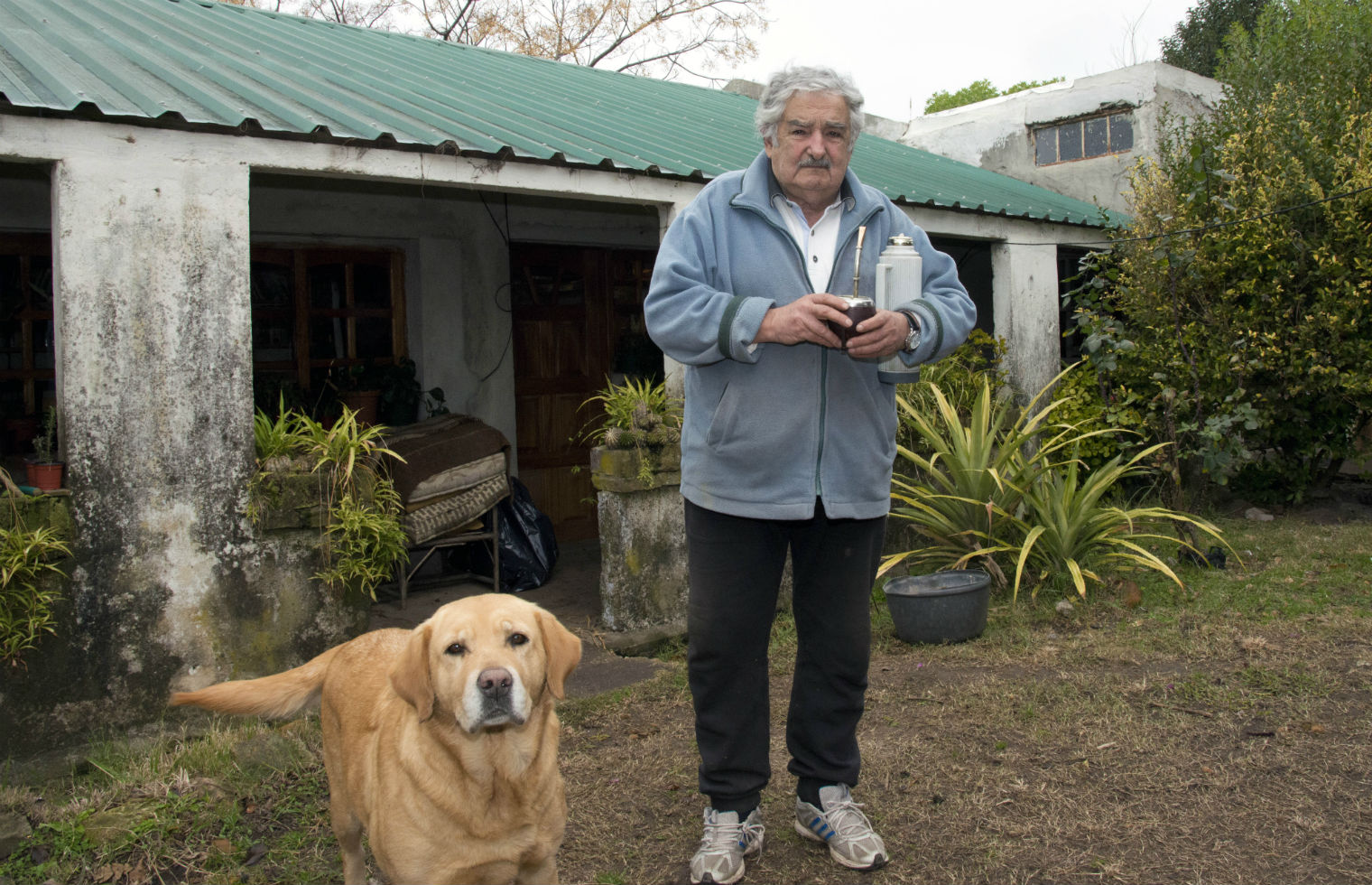
José “Pepe” Mujica is seen as a bit of a populist in Uruguay itself, but here are eight reasons why he should be missed by the rest of us, according to The Independent:
1. He donated 90% of his salary to charity.
2. And lived on a farm.
3. He drives a 1987 VW Beetle.
4. And picks up hitch-hikers.
5. He legalised marijuana.
6. He leaves the economy in rude health.
7. He’s just not like other politicians
8. And all that after being shot six times and being put in jail for 14 years for opposing the country’s former dictatorship.
Have a look at the article for a few more details, it’s worth it. What are the chances a guy like this could ever be the leader of your country?

Now, that other thing. “You know that in Uruguay marijuana was recently legalised, don’t you?”, said one of the Uruguayan participants to me before I could even ask her anything about it. “Everybody does it here. Even ten years ago people in suits would light one up after work. The thing is, you can’t go somewhere to buy it. Not like that. You have to be a resident and a member of a marijuana club if you want to purchase it. But many people have a little plant or two at home and will soon offer you some!”
I suppose the above is true for young people, but who knows? It didn’t seem to me that marijuana use was 100% socially accepted in Uruguay, there must be some controversy remaining, but it looked close to it. I say they have the right idea. There really is zero reason marijuana should be as illegal as it is in such big part of the world. Zero. Addiction-related issues, whenever they arise, should be treated medically and psychologically, similar to the way alcoholism is treated, not be a matter of concern for law enforcement. This system has already been adopted in a lot of countries. Have a look at this map caught from the wikipedia article on the legality of cannabis around the world:
But there’s a bit more to Uruguay than that.
What does this flag remind you of? They have the same number of stripes, too. Want another fun fact that goes with the similarity between the flags? Both Uruguay and Greece were de facto created in 1828. But, as I learned recently, the Greek flag as we know it now was standardised during the military dictatorship. Before that it used to be simply this:
This was the state flag and the one we use now was the merchant and national flag, before the former was abolished completely.
Back to the other country with blue and white stripes on its flag.
Uruguay’s name comes from the river forming the natural border between it and Argentina. It is the indigenous Guaraní language for “the river where the painted birds live.” Beautiful image, isn’t it? It flows out into the that bay to the left of the map, the famous Río de la Plata — the river plate. It’s a hallmark and a point of reference for both Argentina and Uruguay. Some consider this formation more of a river delta than a bay, but really it’s somewhere in between: in Montevideo and even as far out as Punta del Este, the water is much less salty than normal. There’s no clear point where the río ends and the sea starts. Truly a unique formation.
Next: a brief overview of the country in video form. This video was funded by the Uruguayan Ministry of Tourism. I’m serious.
Uruguay es el mejor país: Uruguay is the best country. A semiotically complete touristic message if I ever saw one. We should try something like that back home.
In fact, there’s plenty of other policy “novelties” this country has going for it we should be trying out in Greece. Barring the relatively high cost of living, the not-too-great wages and the kind of plain landscapes (heh), in a few ways it really is one of the best countries out there. For a start, they have managed to stave off privatisation of their public sector almost completely, only selling off their mobile phone operators. Water itself has become a constitutionally-reserved state-managed human right since a relevant referendum was conducted in 2004. That’s impressive no matter what way you look at it. In addition, same-sex marriage has been legal for two years.
All the above together puts most of the “progressive world” to shame, let alone our backwards little country called Greece. Then again, Uruguay is a secular society, in stark contrast to our country where the embarrassingly rich church is still constitutionally connected to the state, which, just to remind you, means that Orthodox Christianity is taught at schools, priests are paid with our hard-earned IMF and European loan money (and pay no tax in return) and the country is still, for all intents and purposes, exclusively Orthodox. I won’t get started with nationalism and Greek superiority/inferiority complexes…
Tell me, how many people would you imagine enjoy the benefits of living in this little country? It’s whole population is barely that of Athens at ~3.5 million people, with roughly half of that concentrated in Montevideo. This bit surprised me, because I’ve always thought of South America as the land of mega cities. To illustrate, nearby Buenos Aires has a metro population of almost 4 times that of Uruguay as a whole, and Sao Paulo, which isn’t such a long way away either, is close to 6 times that.
For its modest count of human residents, this small country is the holder of a different record: it has the most cattle-per-capita ratio in the world: there are roughly 3.59 Uruguayan cows for each Uruguayan person. Impressive as that may be, note that this number still collectively accounts for just ~1% of global bovine populations.
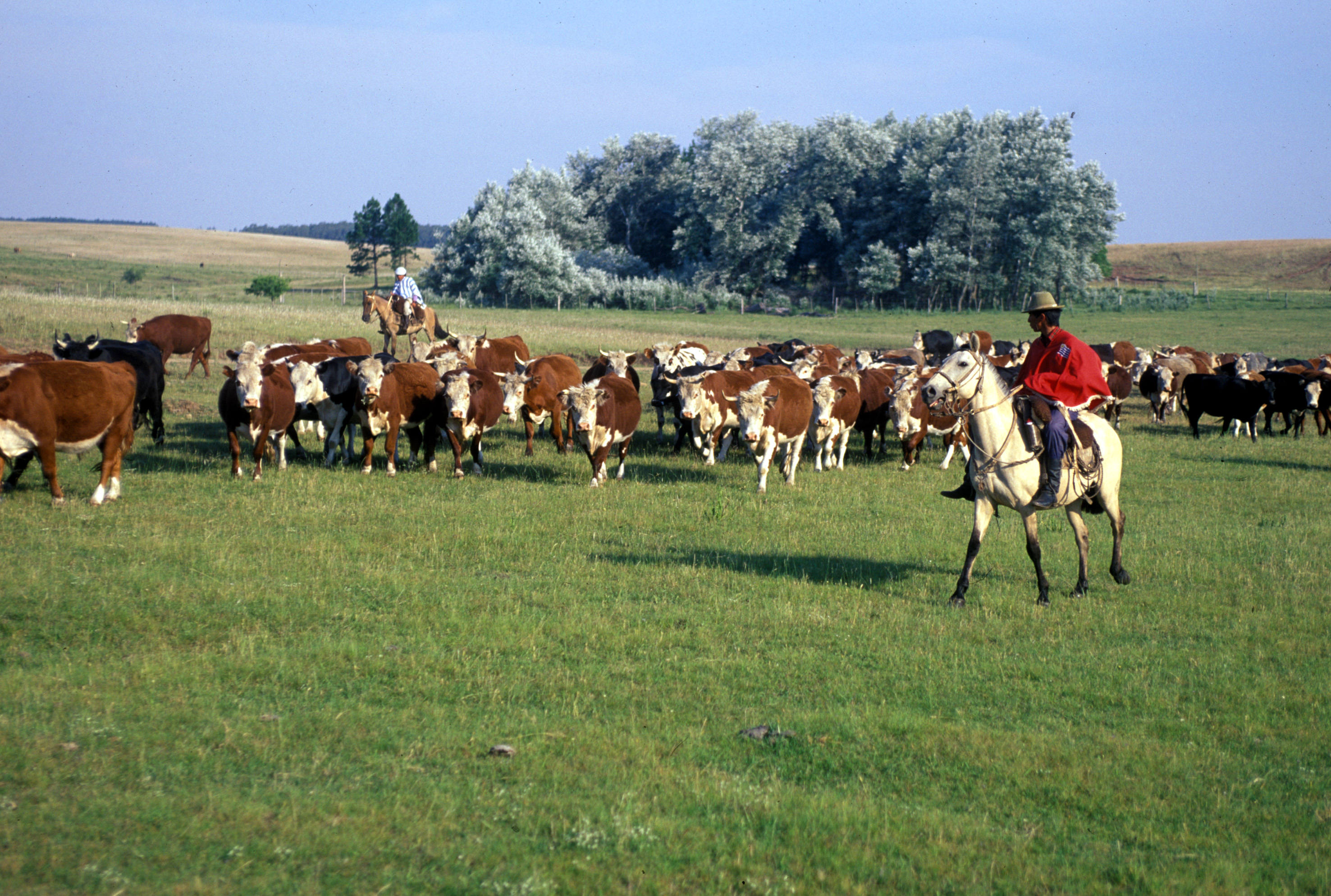
With so much mooing going on, you’d think the guys would have some decent yogurt. Nope… Even the “integral” yogurt, the one most similar to consistency to the ones we enjoy in Greece, contained sugar. This reminded me of Bulgaria, which most Bulgarians claim to have fantastic yogurt—supposedly very successful and sought after in South Korea. Needless to say, this legendary Bulgarian dairy product is nowhere to be found, or perhaps I tried it and just couldn’t tell the difference. What can I say, years of straggisto are bound to leave a mark.
Not all Uruguayan products are shoddy, though. Far from it. Mate (pronounced máte) is for Uruguayans what frappé is for Greeks, or, according to some Greeks, what it used to be, as freddo espressos have become more popular. Mate is an invigorating hot drink, like coffee or tea, ideally shared among a circle of friends. People drink it in wooden cups that slightly look like coconut shells but are made of gourd (or calabash). In it they drink the mate herb tea, which they infuse with hot water poured from a thermos and refill many times. It is drunk with a metal straw-like instrument called a bombilla (pronounced bombisha in Rioplatense Spanish). In the video below you can see an English speaker preparing mate.
I think I’ve written enough for now. I congratulate you if you made it this far! Here are some pictures for your viewing pleasure, half of which are taken by me and the others by Martina.
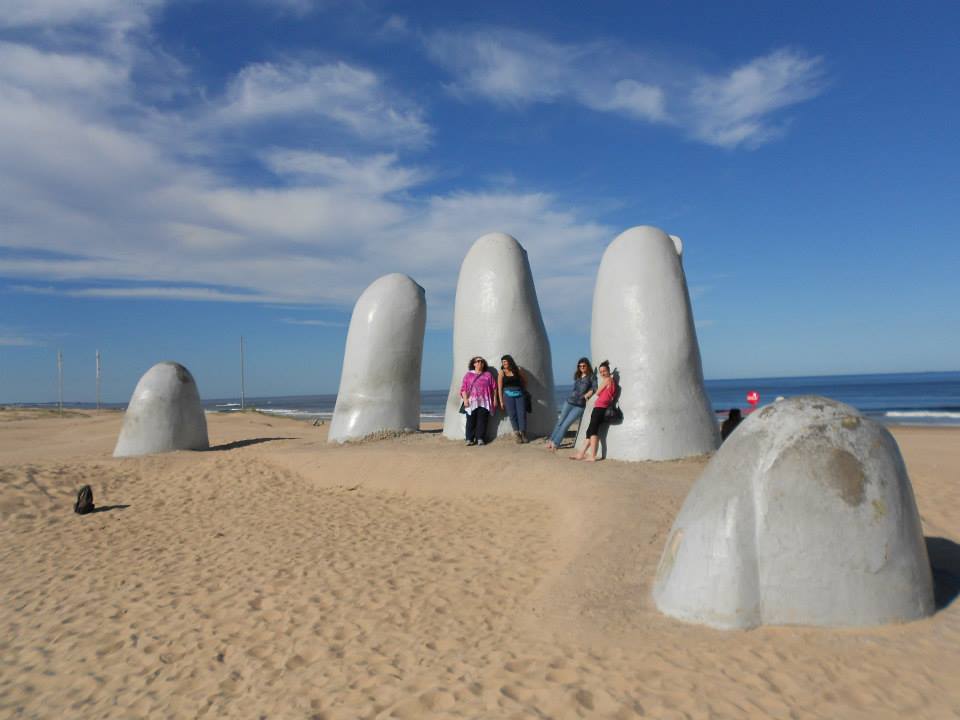
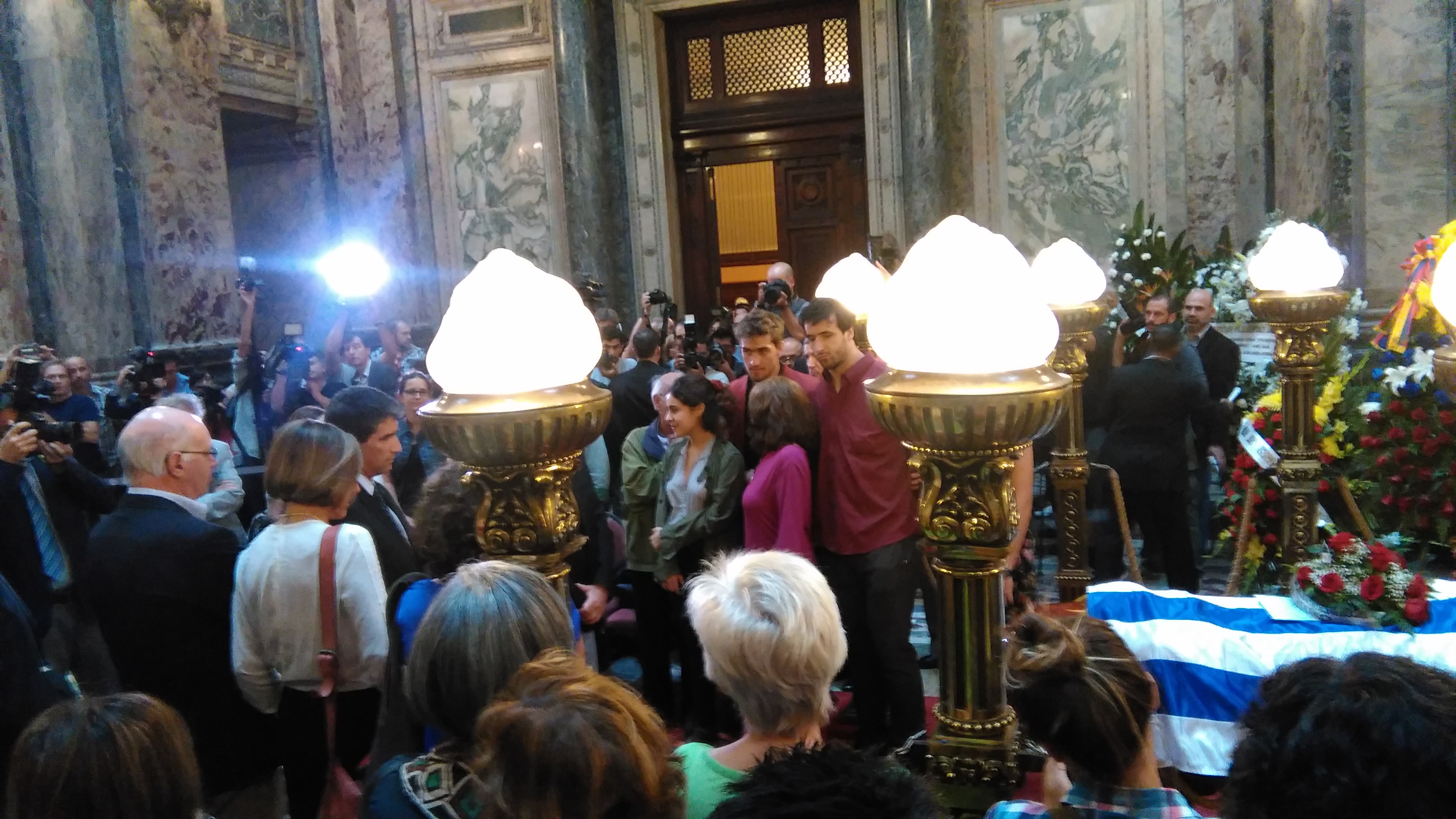

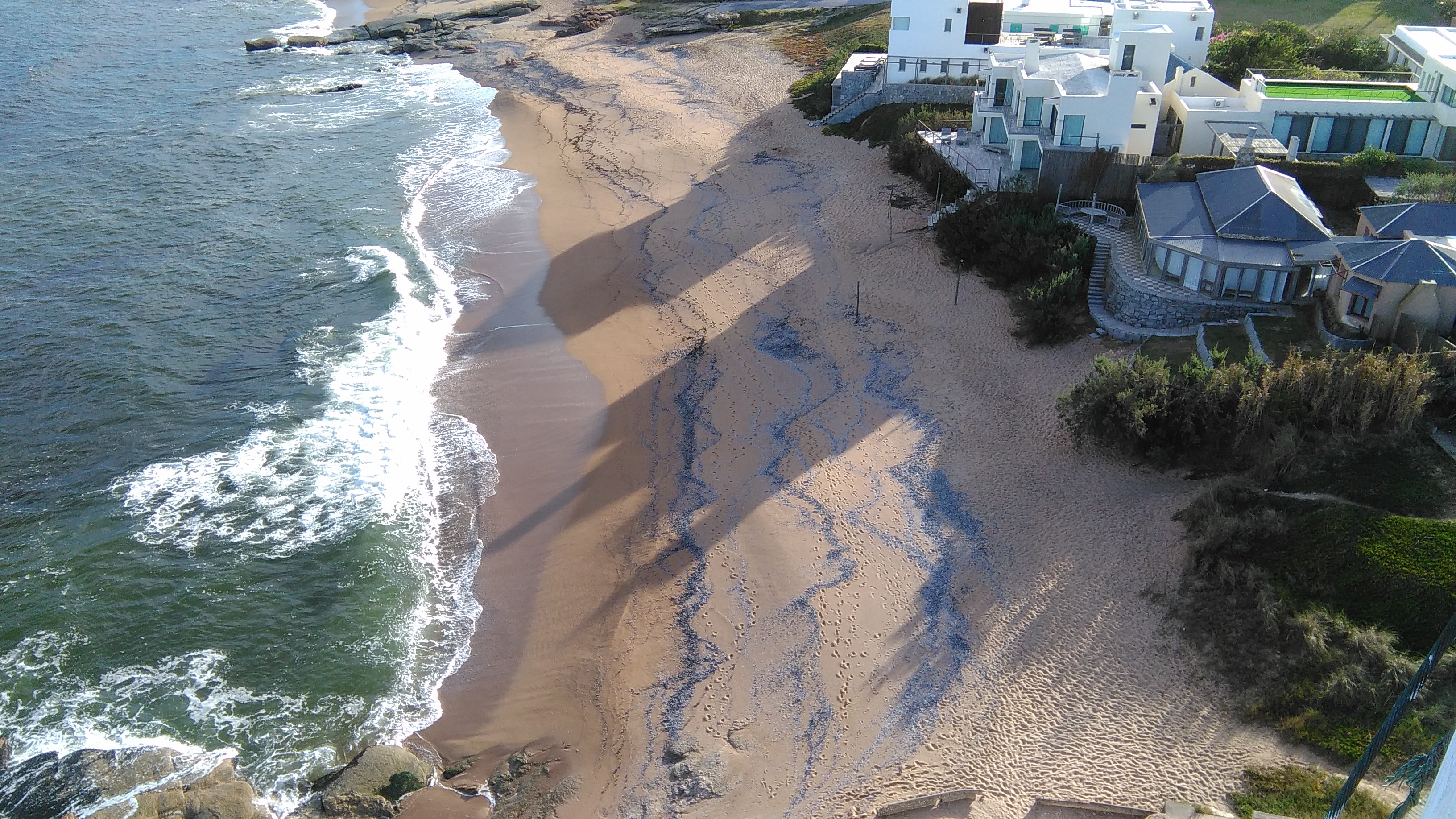
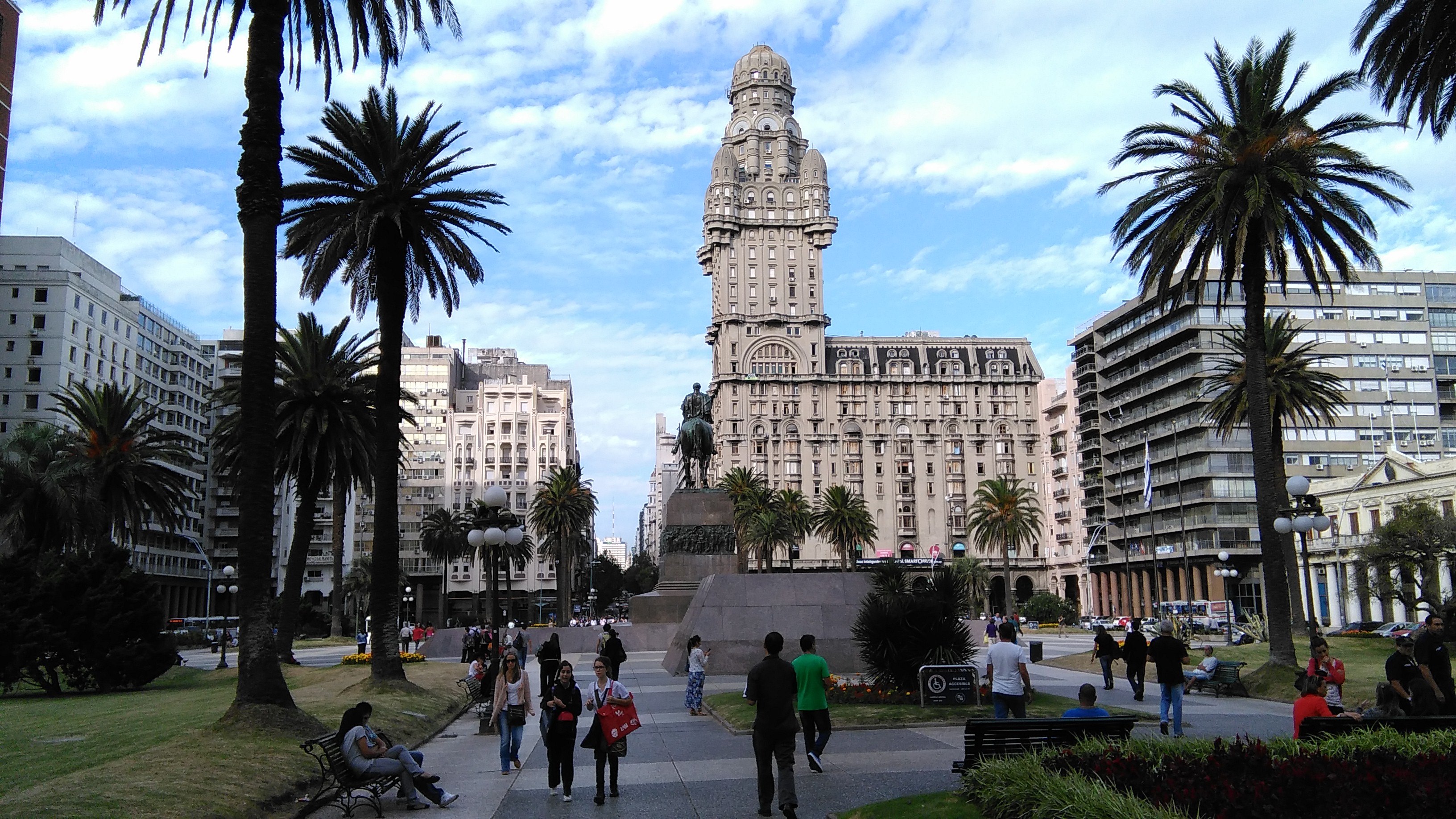
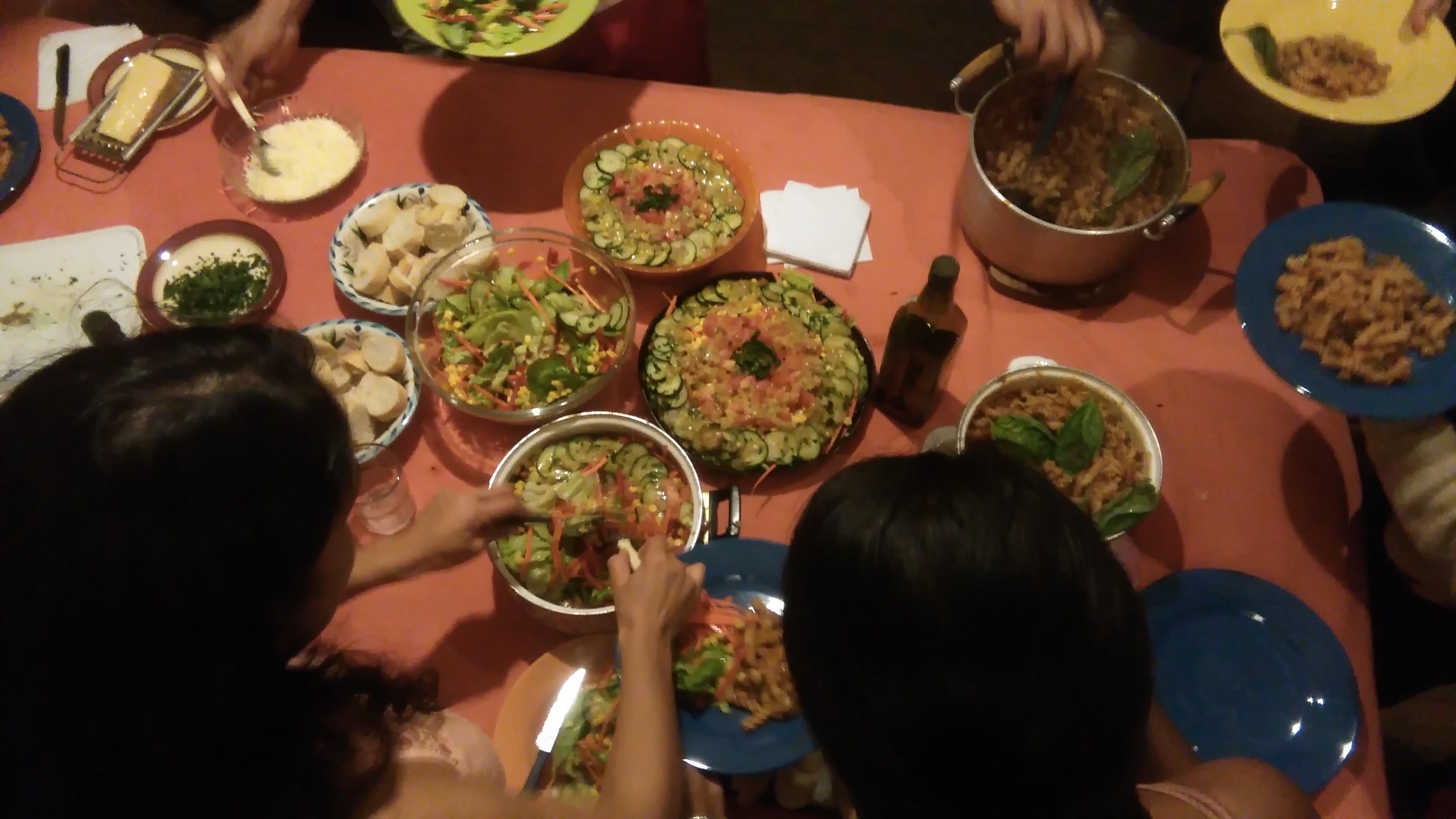
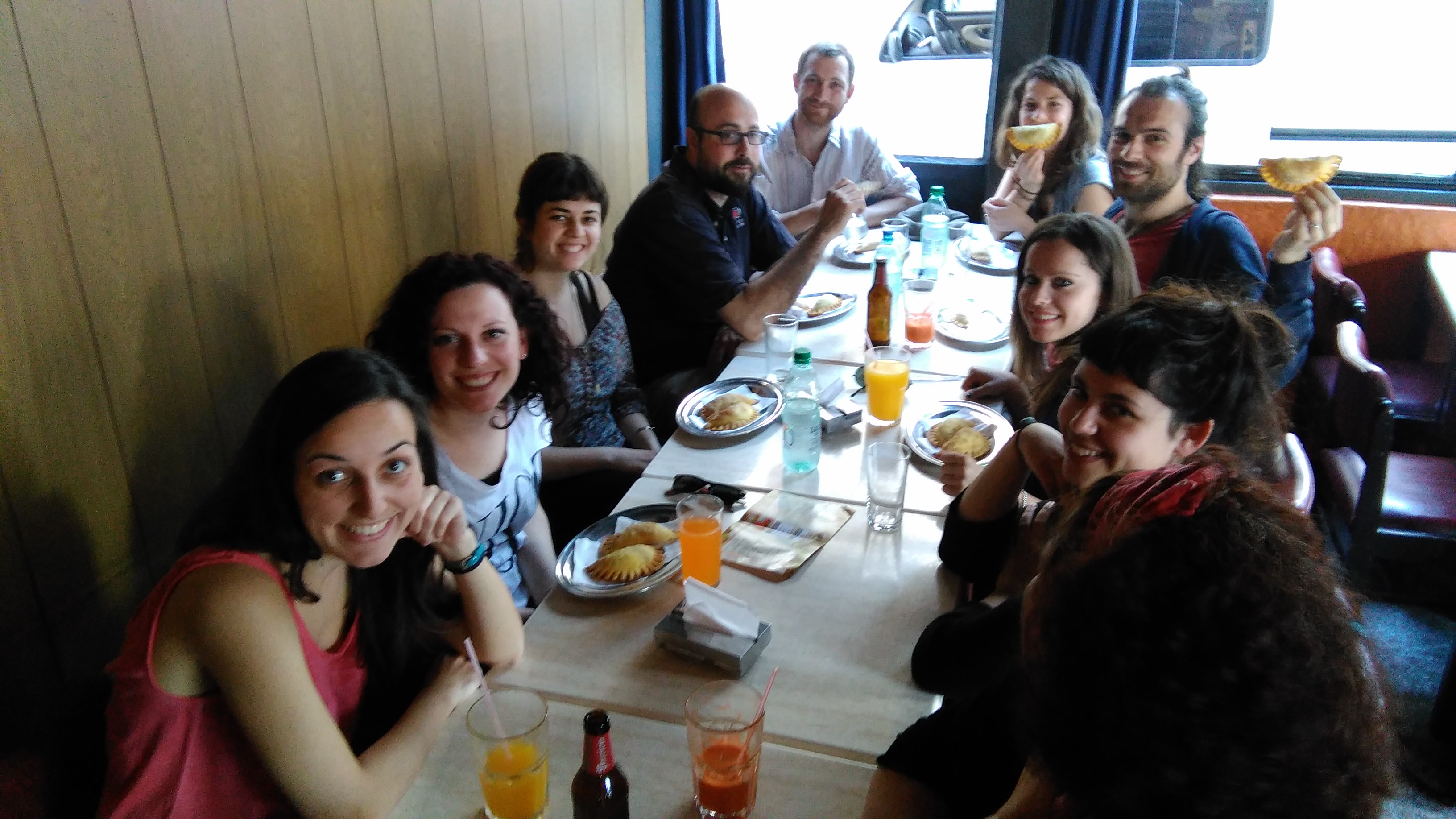
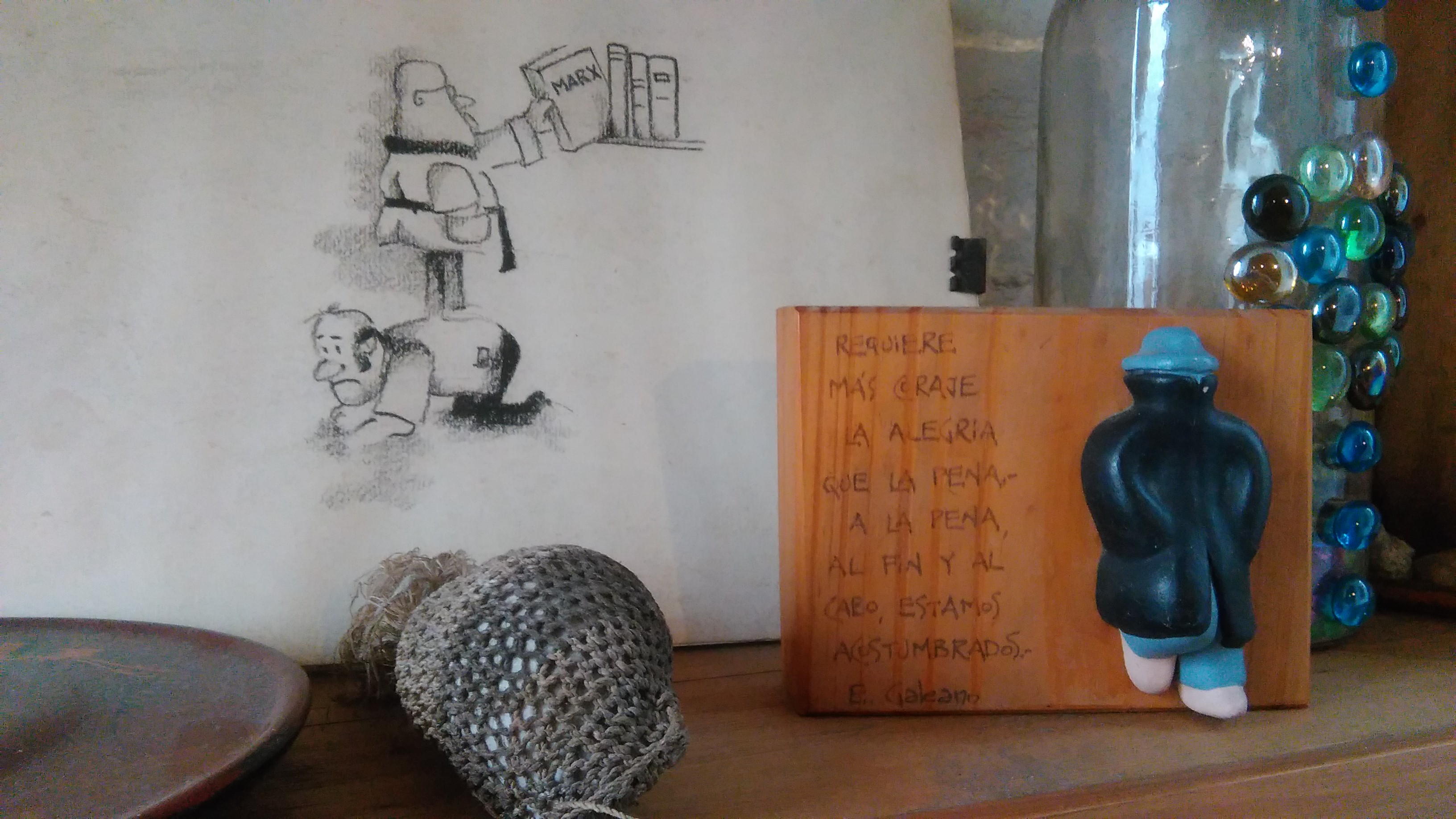
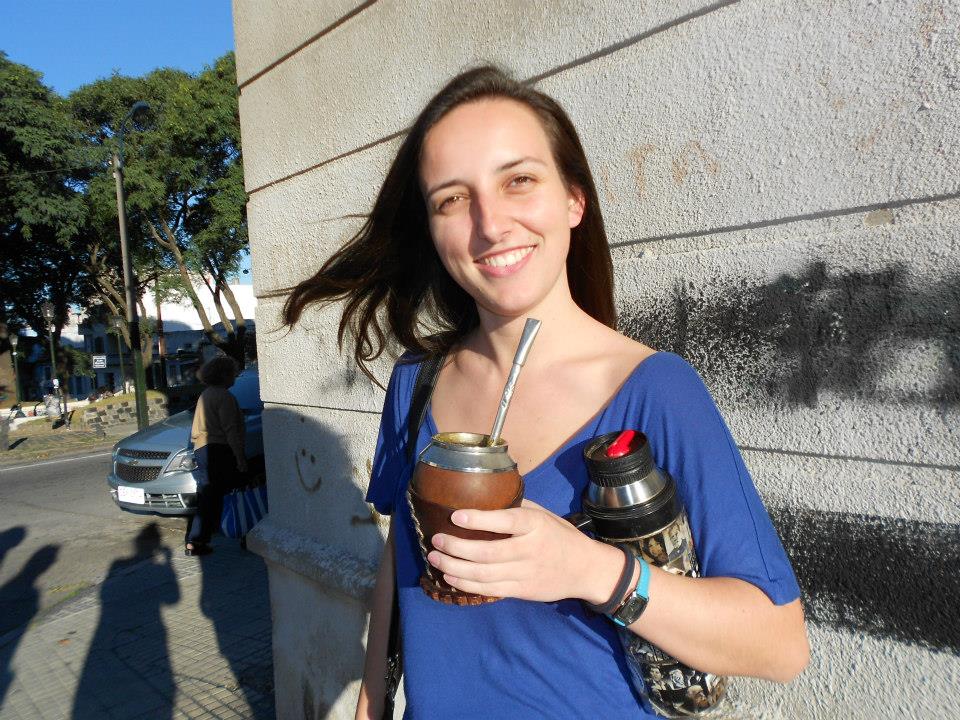
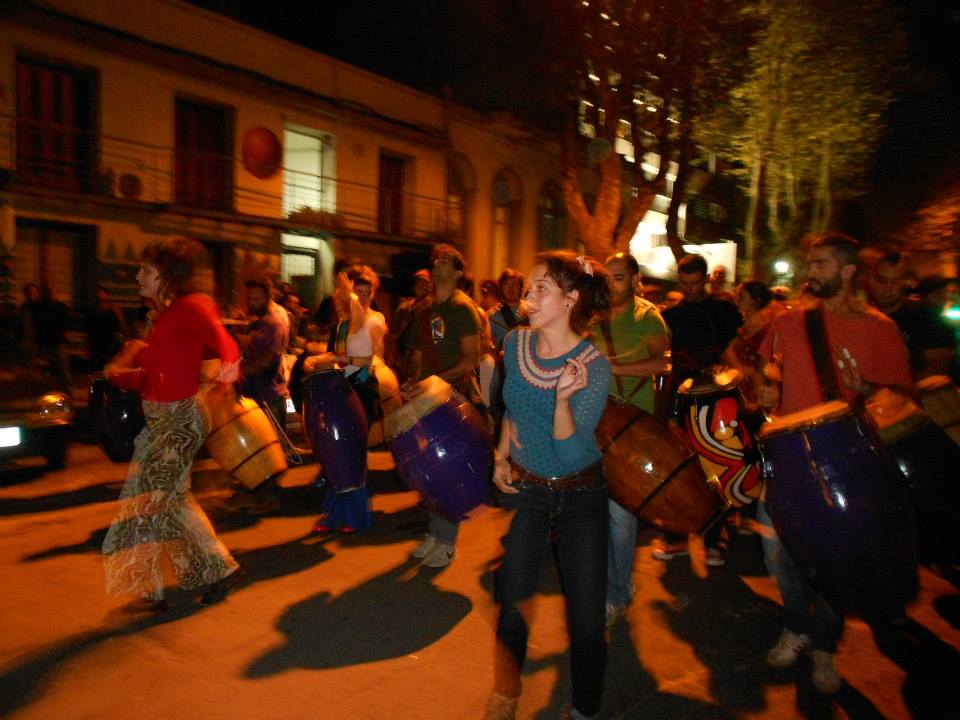
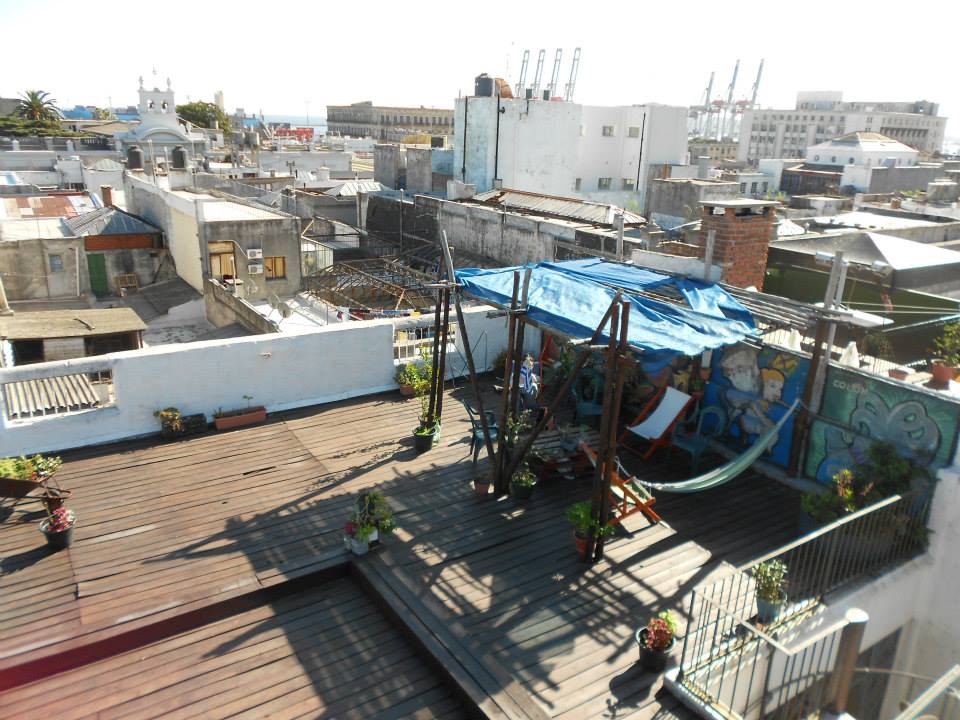
For dessert:
There is a Milonga at the centre of Montevideo, a public place where people of all ages meet a few times per week to dance and learn Tango.
The song below can be heard most evening at the Milonga and, as I was told, features in the playlists of most tango meetings. It’s called the “Greek tango.” I’m sure you know it.




